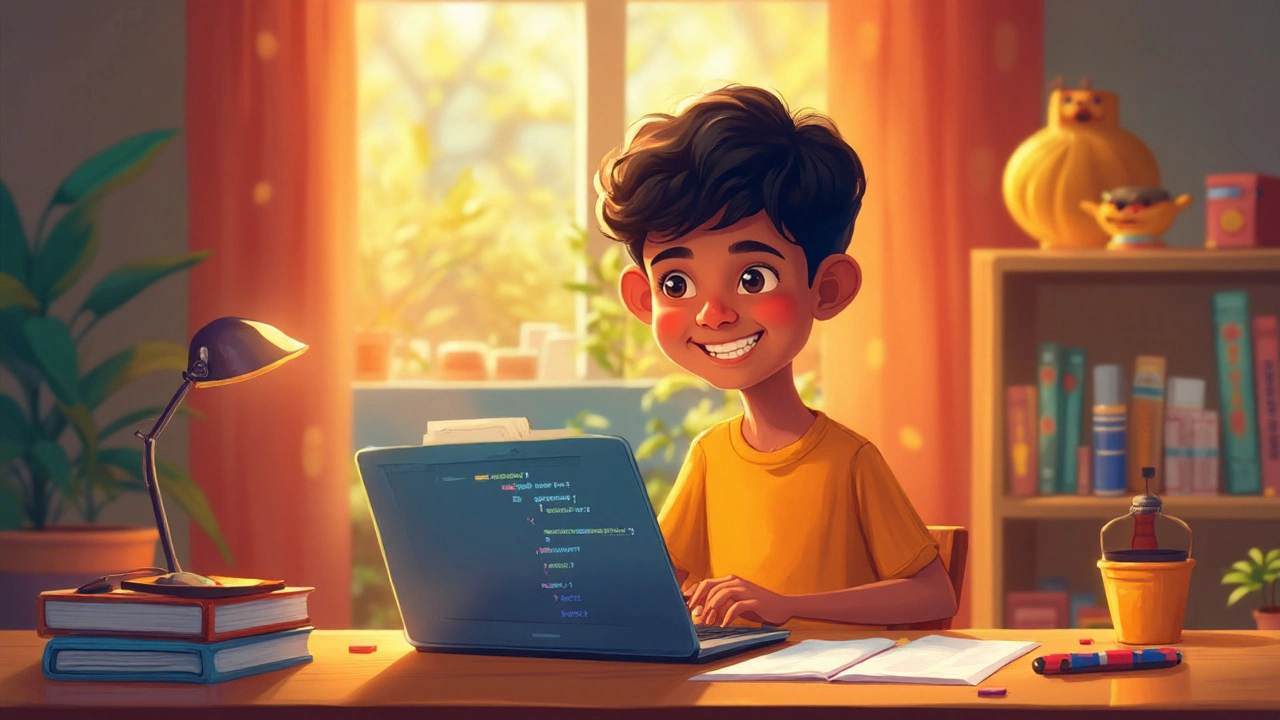
Easiest Coding Languages to Learn: Your Beginner’s Guide
Curious about coding but unsure where to start? Discover the easiest coding languages for absolute beginners, real-world uses, and helpful tips to kick off your journey.
Feeling stuck about where to begin with coding? You’re not alone. Most people think they need a math degree or years of study, but the truth is you can start building real programs in just a few weeks. The secret is picking a language that talks your language and using resources that keep things simple.
Python tops the list because its syntax reads almost like plain English. You can write a “Hello, World!” program with just one line, and the same code works on Windows, macOS, and Linux. Python powers everything from web apps to data science, so you get smooth growth paths.
JavaScript is the go‑to for anyone who wants to see results instantly in a web browser. No extra IDE is needed—just open a browser tab, press F12, and start typing. It lets you create interactive pages, games, and even mobile apps with frameworks like React.
Scratch might feel like a game, but it teaches core programming ideas without typing a single line of code. Drag‑and‑drop blocks form loops, conditionals, and variables, making abstract concepts tangible for kids and adults alike.
Start with a tiny project. Instead of a vague “learn Python,” decide to build a simple calculator or a to‑do list. Finishing a concrete task gives you a sense of achievement and shows you how the pieces fit together.
Set a 20‑minute timer each day. Short, consistent practice beats marathon sessions that leave you exhausted. Use free platforms like Replit or VS Code’s Live Share to code without installing heavy software.
Join a community. Forums, Discord servers, or local meetups let you ask quick questions and see how others solve problems. You’ll pick up shortcuts and avoid common pitfalls faster than you would alone.
Don’t chase every tutorial. Pick one well‑structured series—like the “Python for Everybody” course on Coursera or the “JavaScript Basics” playlist on YouTube—and stick with it until you finish. Jumping between resources creates confusion and slows progress.
Finally, celebrate small wins. Every time you get a loop working or fix a bug, take a moment to note what you learned. Those notes become a personal cheat sheet you’ll reference later.
With the right language, a clear goal, and a habit of daily practice, coding becomes less of a mystery and more of a tool you can use every day. Start now, pick Python or JavaScript, and watch your confidence grow as you turn ideas into working code.

Curious about coding but unsure where to start? Discover the easiest coding languages for absolute beginners, real-world uses, and helpful tips to kick off your journey.